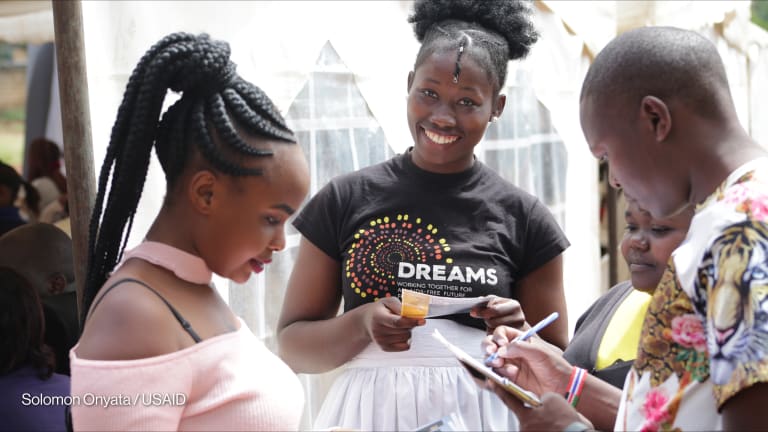Often faced with poor access to education and health services, women and girls stand to gain the most from urbanization. But in the runup to this week’s Habitat III Conference in Quito, Ecuador, experts told Devex they are concerned the role of women and girls in urbanizing economies will be taken for granted.
Officials from the Organization for Economic Cooperation Development and the United Nations Human Settlements Program, or U.N. Habitat, are calling on policymakers to acknowledge and address the relationship between urbanization, child marriage and girls’ education in the runup to the approval of the New Urban Agenda this week.
The World Health Organization reported in 2013 that one in every four girls in developing countries are married before the age of 19, and one in nine is married before 15. The plight of these girls and women is linked to urbanization, according to Laurent Bossard, director of the OECD Secretariat for sub-Saharan Africa and the Sahel.
Search for articles
Most Read
- 1
- 2
- 3
- 4
- 5








